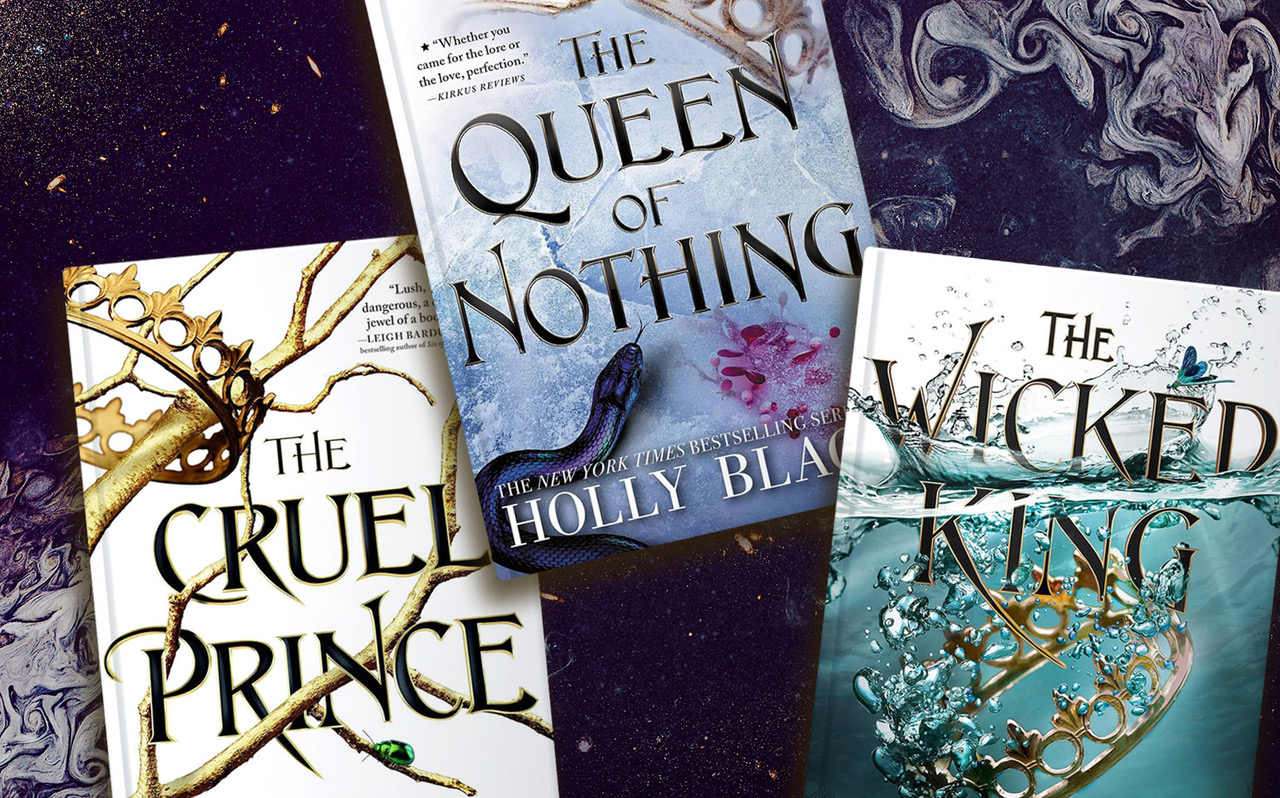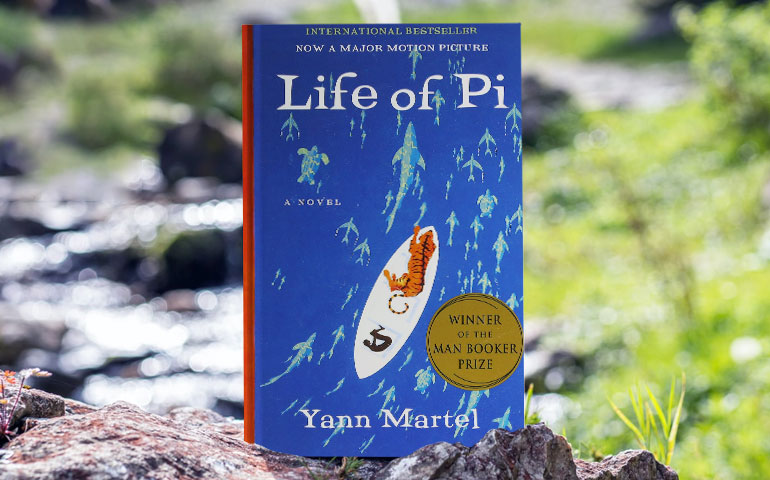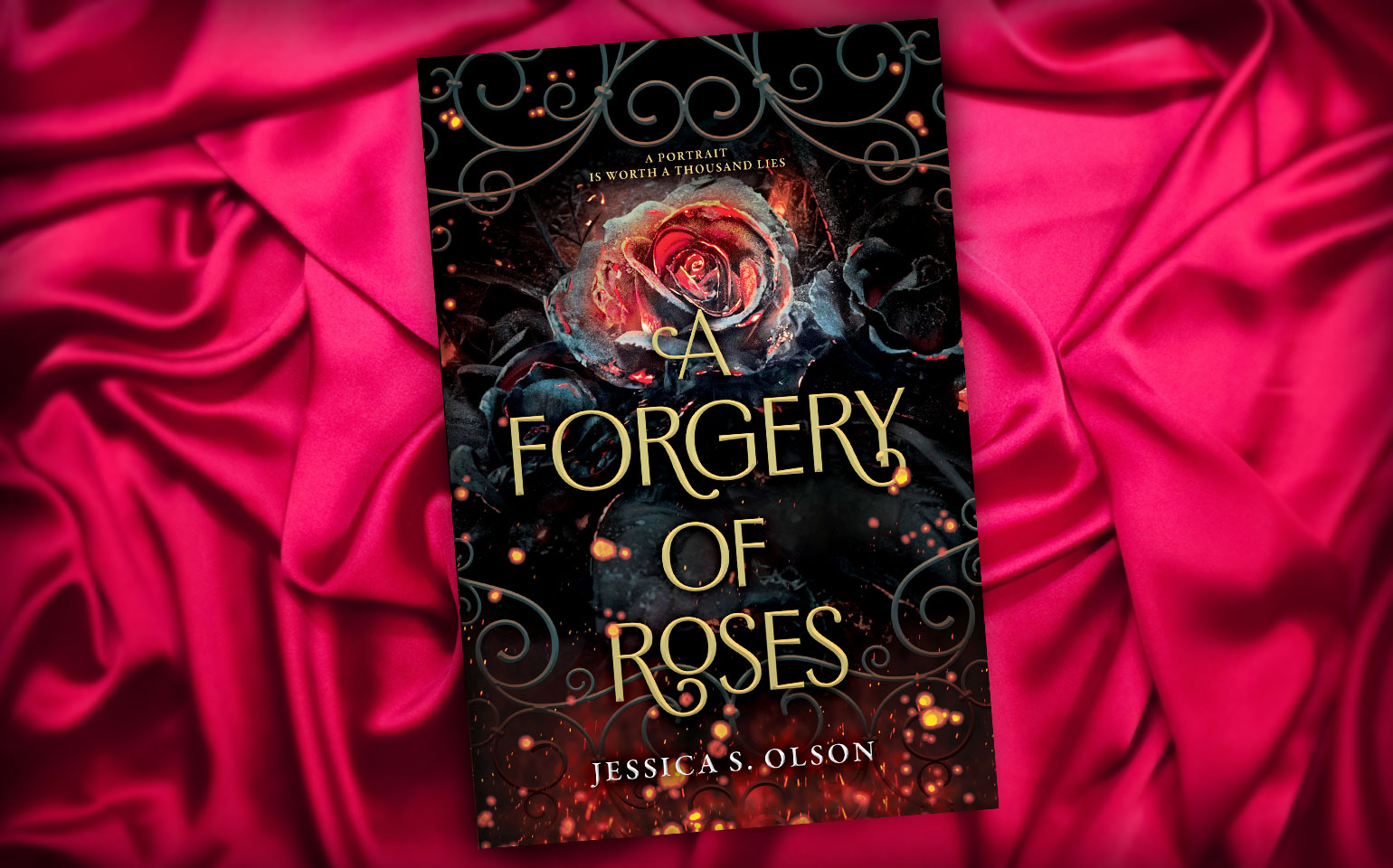
2022’s Persuasion: Is Modernising Classics a Good Thing?
Last week, I sat down to watch Netflix’s adaptation of Jane Austen’s 1818 novel, Persuasion. The movie, while generally fine in quality as a standalone Netflix period drama, seemed to anger long-time admirers of Jane Austen’s work. A glaring problem was the inaccurate characterization of the book’s main character: a defeated woman named Anne Elliot. Along with that, there were several out-of-place modern references to things, such as Anne’s line “he’s a ten, but…” and her reference to a stack of sheet music as a “playlist”.
The movie went so far as to change the famous and heartfelt line, “Now they were strangers; nay, worse than strangers, for they could never become acquainted. It was a perpetual estrangement.” (Jane Austen, Persuasion), to “Now we were worse than strangers; we were exes.” (Dakota Johnson, Persuasion [2022]). “You could not convince me this is a period drama movie, let alone a Jane Austen adaptation with this dialogue,” an angry fan wrote on Twitter.
But is it really a problem? After all, “traditional” adaptations of Jane Austen’s work have been done countless times, so wouldn’t it be better to take obsolete adaptations and make them suitable for a 21st century audience? Well, it’s not so simple.
Modern takes of classical literature have been done phenomenally well before, whether in a modern setting or a modernised historical setting. Iconic films like Clueless (1995), 10 Things I Hate About You (1999), and My Own Private Idaho (1991) are just a few films that come to mind that serve as amazing and well-received adaptations of the works of Jane Austen and Shakespeare that are set in the 21st century. These films take age-old, well-known stories, and remodel them to suit a modern audience. Even letting go of modern settings, take movies such as Marie Antoinette (2006), David Copperfield (2020), or Dickinson (2019) (all of which take place before the 21st century) that incorporate things like rock music and present-day slang into settings such as the French Revolution or Amherst, Massachusetts in the 1800’s. So, what do these movies do right that Persuasion (2022) does wrong?
It’s apparent from start to finish that there is a misinterpretation of the original novel in Persuasion (2022). The melancholic book with its equally melancholic protagonist has been called Jane Austen’s most depressing work.
Meanwhile, the creators of this movie seem to have their best interests in creating something akin to Austen’s other works, which are widely known as light-hearted rom-coms. As a consequence, they’ve misunderstood Anne Elliot.
Austen’s other novels had young, witty, and fun-loving characters who are in their prime like Emma Woodhouse and Elizabeth Bennet. However, Anne Elliot, as written by Austen, is well past her prime and has even been described by Austen as her most unlikeable protagonist. The movie has sparked the term “Lizzie-Bennet-efying” (referring to Elizabeth Bennet). The phrase means to say that the movie’s creators seemed to be trying to recreate the famous Elizabeth Bennet by making Anne funnier and more comical where she should technically be pensive and sad.
Along with misunderstanding the intent of the novel, the writers attempted to mix modern terms in with Austen’s original dialogue. It reminded me of Baz Luhrman’s adaptation of Shakespeare’s Romeo and Juliet, and I found myself comparing the two movies.
Baz Luhrman set Romeo and Juliet in modern-day Miami Beach, Florida, and replaced the feuding aristocratic families, the Montagues and the Capulets, with rival mafia families of the same names. The interesting thing about Baz Luhrman’s version is that it retains all of Shakespeare’s original dialogue from his play. The movie is essentially like any other traditional stage play of Romeo and Juliet, complete with all its sonnets and the famed “O Romeo” scene. The only difference is its setting. The movie allows its audience to better understand an almost ancient play by placing it in a more familiar setting. It’s an interesting clash of themes to say the least.
Similarly, Persuasion seems to be doing the same thing in reverse to an extent, although not consistently; sporadically alternating between two very different types of dialogue. It’s something that’s very hard to pull off.
That’s not to say that two types of dialogue can’t be mixed. Movies like Moulin Rouge! (2001) place modern dialogue in historical settings consistently enough throughout the movie that they don’t seem out of place and blend in with the more traditional dialogue.
I also compared Persuasion to the previously mentioned 10 Things I Hate About You, which is a modern adaptation of Shakespeare’s Taming of the Shrew. Like Persuasion, the movie changes significant aspects of its story and characters, yet it’s still considered a stellar adaptation. It uses modernisation to repair the misogynistic plot of the original play, applying modern standards of feminism and shedding new light on who the antagonist of the story truly is. 2022’s Persuasion isn’t an example of how modernising old stories is a bad thing; it’s an example of a bad adaptation. Putting old and sometimes boring stories into a modern context makes them more fun and exciting. The problem regarding this movie isn’t that we shouldn’t be modernising the works of literary masters like Jane Austen and Shakespeare. The problem is that the writers of this movie did a poor job in executing their ideas and the direction they were trying to go in. The writers of this movie seemed to have no real direction or intent in using present-day references. In my opinion, modern takes on classical literature, when done well, are amazing.



